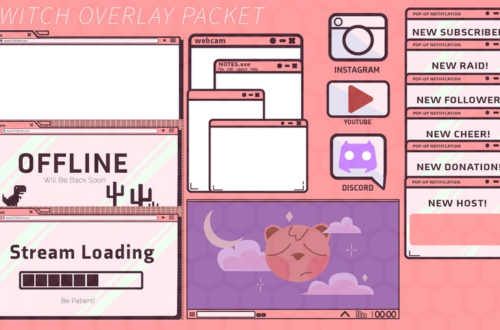
Process Post #12
Online comments & Community guidelines
The online comment area should be regarded as the embodiment of freedom and democracy. We can be frank in the comment area, exchange ideas in-depth and understand each other’s views to participate in the topic discussion. However, at the same time, it is also the place where language violence and harm are the most serious. One of the most common critiques of online comments cites a disconnect between the commenter’s identity and what he is saying (Konnikova, 2013). Psychologist John Suler calls this phenomenon the “online disinhibition effect” (Konnikova, 2013). The theory is that when you get rid of your identity, the usual constraints on your behaviour will also disappear (Maria konnikova, 2013). This can be even worse with anonymity.
Konnikova said that of the 900 randomly selected user comments on articles about immigration, 53% of anonymous commentators were uncivilized, while 29% of registered non-anonymous commentators were uncivilized (2013). Therefore, Konnikova concluded that anonymity encouraged rude behaviour (2013). How should we deal with such physical behaviour? Becky Gardiner et al. said it was simple: “do not read comments,” or turn them off completely (2016). Many people have done this by permanently disabling their comment threads because they become too laborious to disturb (Becky Gardiner et al., 2016). However, simply deleting comments is not a perfect solution. Konnikova said that deleting comments will affect the reading experience (2013). It may take away the motivation to participate more deeply in a topic and share it with a broader audience.
My attitude towards my comment area is to welcome everyone to express any opinions in the comment area since I found this blog. I encourage everyone to participate and create an atmosphere of shared learning and discussion. I have not received any comments so far, not to mention malicious or offensive comments. However, through this week’s reading, I really should consider the concern of comments, so I may create an online community guide in the future to maintain a friendly, open-minded, and respectful discussion area. For example, I might make the first rule that any derogatory comments of any race, religion, gender, age, or ability are unacceptable.
Moreover, I will make it clear in the community guide that such comments will be reviewed and may be deleted. I hope all discussions will focus on topics of common interest rather than offensive comments about others. At the same time, based on my desire to create a shared learning environment, my community guide will make this point clear again. For example, I would advise people to post valuable and relevant content to help others. Furthermore, expect users to submit content based on their own honest opinions and experiences.
This is my current idea for community guidelines, and I will create a dedicated community guidelines page in the future. Starting from the mission and value of my website, I will list out clear key points and rules that create a safe space for my entire audience to connect and interact with each other.
Reference:
Gardiner, B., Mansfield, M., Anderson, I., Holder, J., Louter, D., & Ulmanu, M. (2016, April 12). The Dark Side of Guardian comments. The Guardian. Retrieved March 28, 2022, from https://www.theguardian.com/technology/2016/apr/12/the-dark-side-of-guardian-comments
Konnikova, M. (2013, October 23). The psychology of online comments. The New Yorker. Retrieved March 28, 2022, from https://www.newyorker.com/tech/annals-of-technology/the-psychology-of-online-comments

You May Also Like

Process Post #1
January 18, 2022
Process Post #11
March 29, 2022